Navigating the Cyber Frontier: Digital defense for the Modern Age
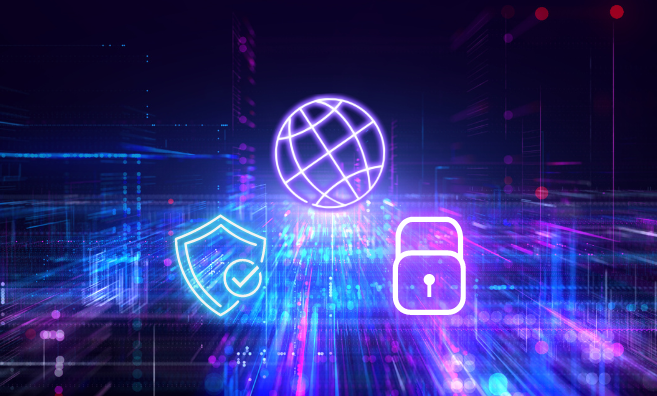
"As the digital landscape evolves, so do the threats that lurk within it. Cybersecurity has never been more crucial, with businesses and individuals alike facing an array of sophisticated cyber threats. At Cyber Excavation Industries, we're always on the pulse of the latest trends. Here's a glimpse into the future of cybersecurity and what to expect in the upcoming year."
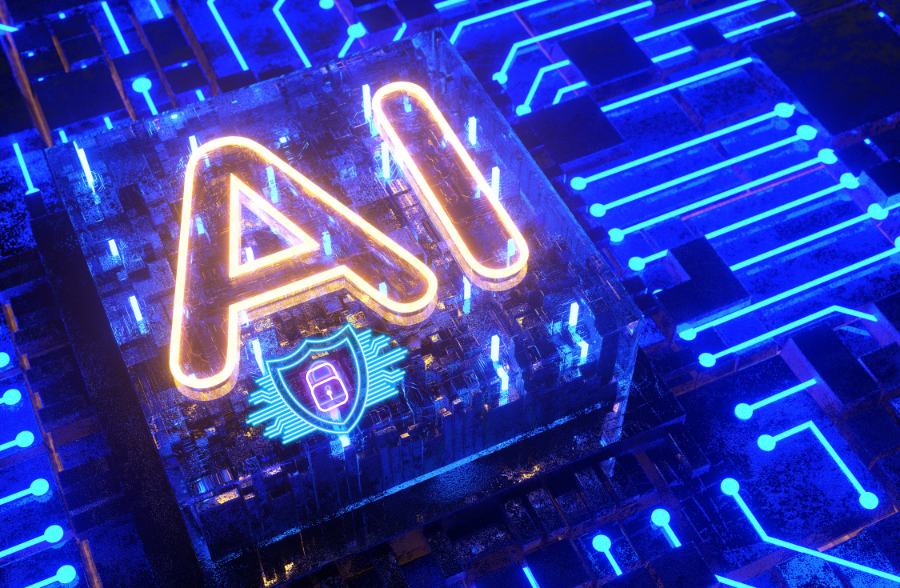
Rise of AI in Cybersecurity:
AI in cybersecurity enhances threat detection and response by analyzing vast amounts of data to identify patterns and anomalies, enabling real-time detection of new threats, automating responses, and analyzing emails, files, network traffic, and user behavior to identify potential security breaches. This proactive and efficient approach frees up human analysts to focus on more complex and strategic issues, making AI an invaluable tool in combating cybercrime.


Remote Work and Cybersecurity Challenges:
the shift to remote work has introduced a host of new cybersecurity challenges, from an expanded attack surface and insecure home networks to challenges in monitoring, detection, and compliance. Organizations need to adapt their cybersecurity strategies and implement robust security measures to address these challenges and ensure the security of their remote workforce.
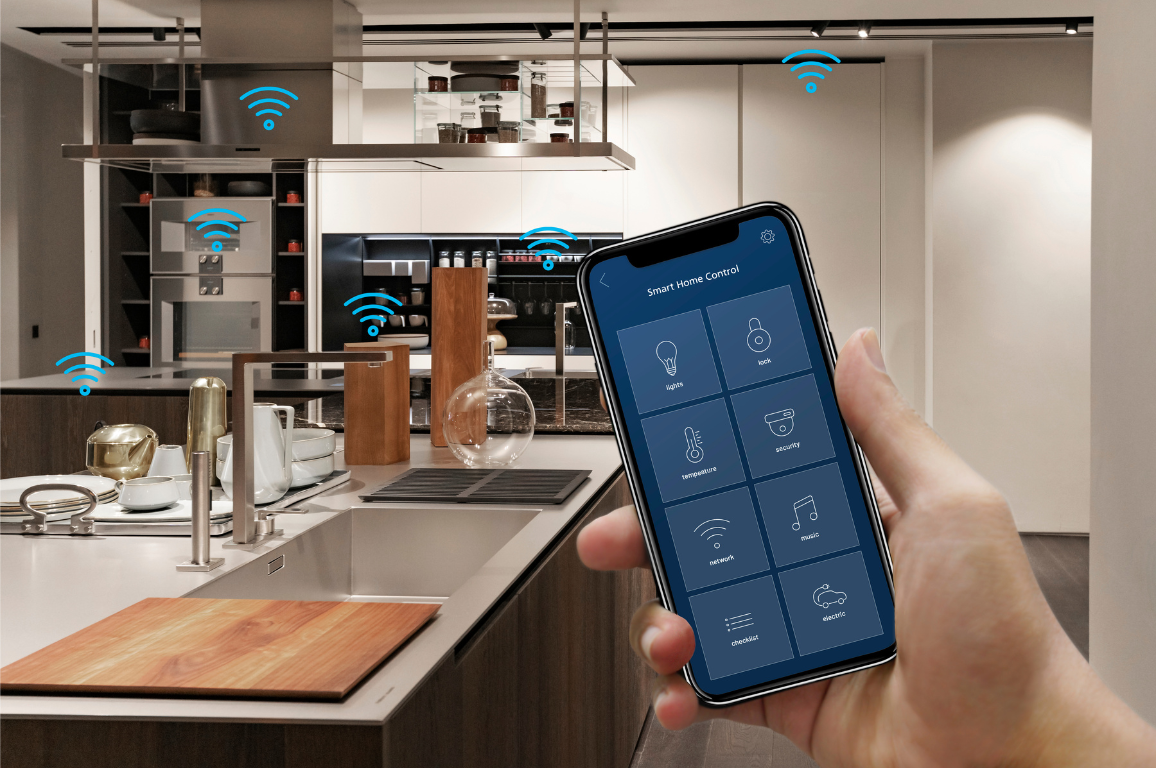
Increased IoT Threats:
The increased threats associated with IoT stem from the vast number of devices, inconsistent security standards, default settings, lack of software updates, data privacy concerns, device interconnectivity, resource constraints, and physical access. Addressing these challenges requires a comprehensive approach that includes robust security measures, regular software updates, and user education.
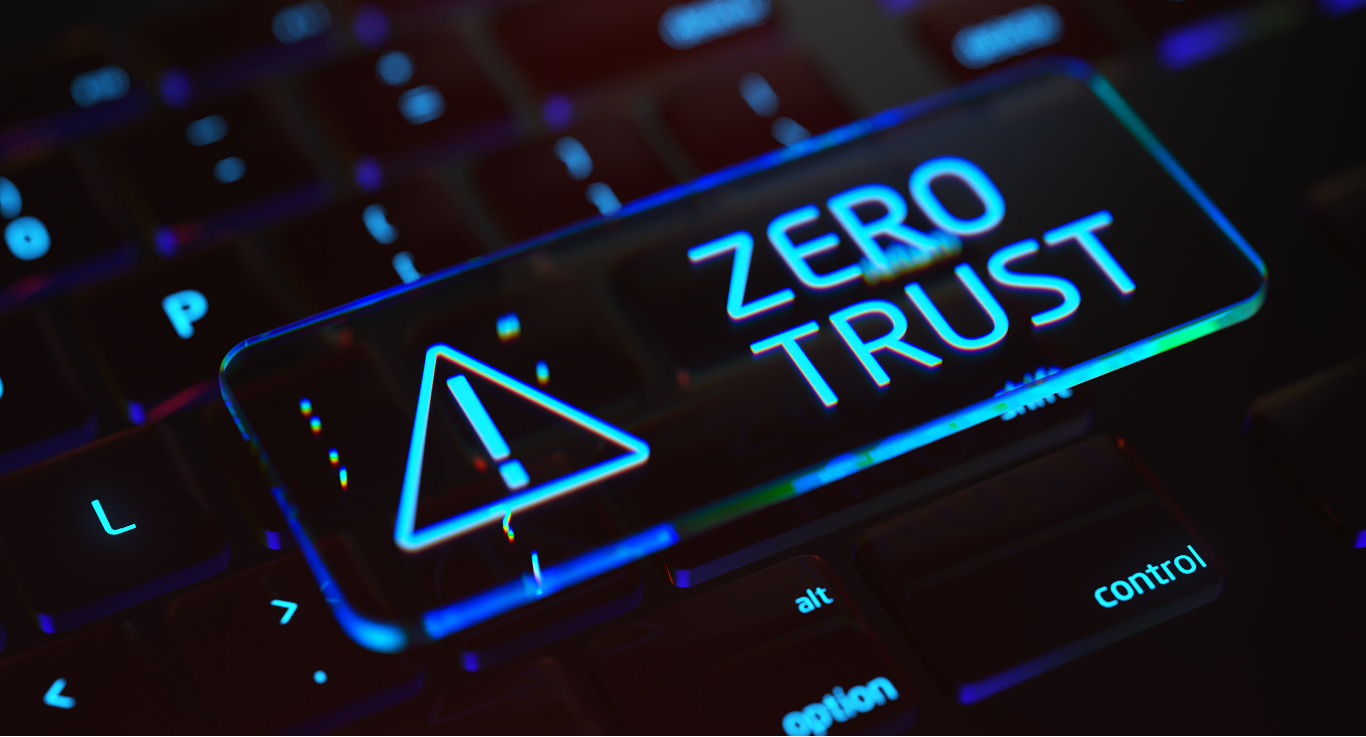
The importance of Zero Trust Architectures:
The traditional perimeter defense approach to cybersecurity, which trusts users and devices once inside the network, has become less effective due to blurred network perimeters, insider threats, and sophisticated attacks. The Zero Trust Architecture addresses these challenges by operating on the principle of "never trust, always verify." It involves verifying the identity of every user and device, granting least-privilege access, implementing micro-segmentation, continuously monitoring the network, and encrypting data. This comprehensive approach ensures that every access request is verified, providing a more robust security posture in the modern digital landscape.

Phishing Gets More Sophisticated:
Phishing attacks have evolved to become more sophisticated and harder to detect. Attackers now employ targeted approaches, such as spear phishing and whaling, use social engineering tactics, host phishing pages on legitimate websites, and include advanced malware in their attacks. They may also use SMS and voice calls for phishing, and interact with the victim in real-time. As a result, individuals and organizations need to be more vigilant than ever and employ advanced security measures to protect against these evolving threats.
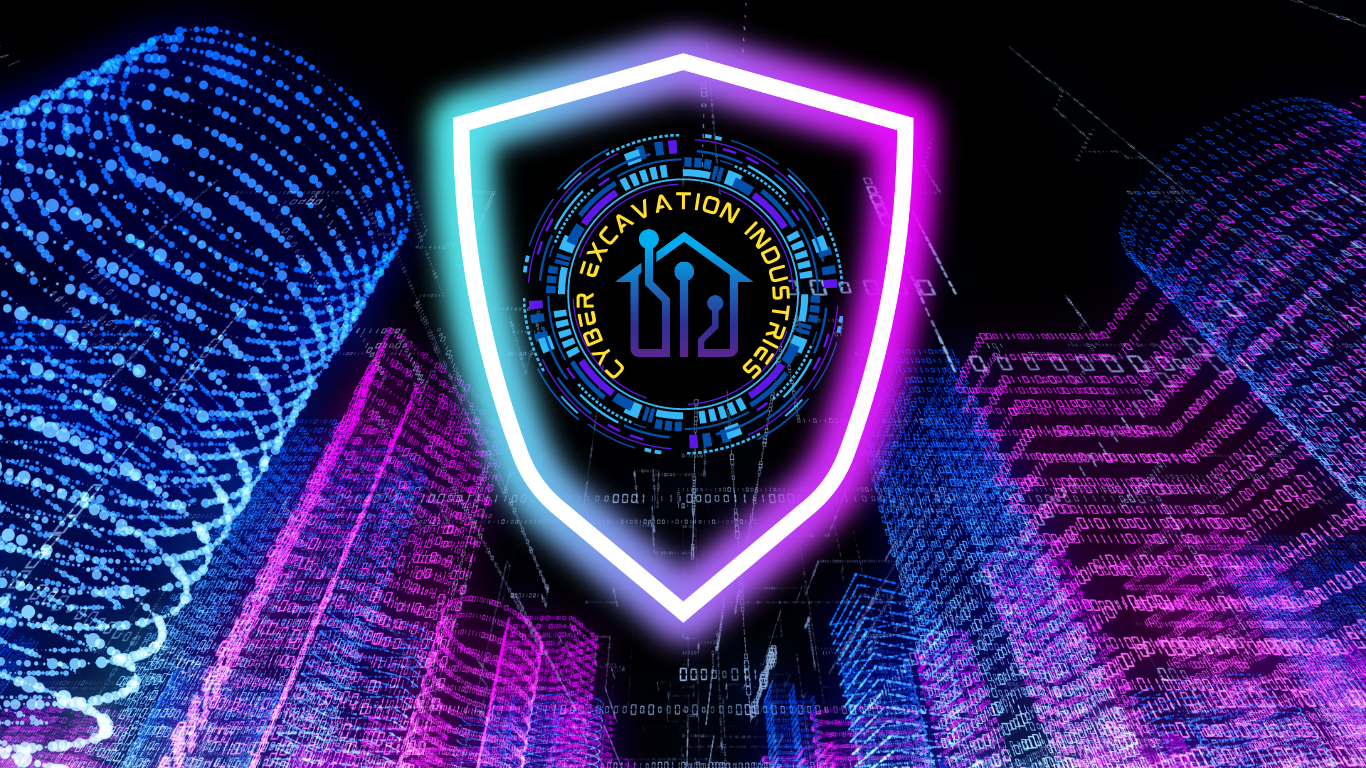
The world of cybersecurity is continuously evolving, with new challenges arising due to technological advancements, sophisticated attacks, an expanded attack surface, and regulatory changes. A proactive approach, involving continuous monitoring, staying informed about the latest threats, and implementing advanced security measures, is essential to safeguard digital assets. Cyber Excavation Industries is committed to staying ahead of the curve and ensuring protection at every step, from threat identification to neutralization.

